Uncontrolled, pervasive industrial emissions led to the acidification and destruction of biodiversity in North American and European lakes. Zooplankton, the pillars of freshwater ecosystems, are especially vulnerable to the associated pH changes and subsequent calcium depletion plaguing these lakes. New research by Queen’s University Biology professor Dr. Shelley Arnott and former MSc student, Alexander Ross, now with Lakehead University’s Natural Resources Management, investigates the recovery of zooplankton populations in acid-damaged lakes that are experiencing declining calcium using factorial in-lake mesocosms in Killarney Provinical Park.
Despite pH recovery since 1971, lake calcium levels in Killarney Park lakes have decreased over four-fold and lakes continue to have a disproportionately high abundance of small, acid-tolerant species. Mesocosm experiments revealed that the impacts of low calcium concentrations on zooplankton were similar to those of low pH. A subsequent, landscape comparison of mesocosm results with 34 other historically acidified lakes showed parallel changes in zooplankton relative abundance. These results suggest that even though lake pH is recovering, the detrimental effects of declining calcium may prevent biological recovery.
Thousands of lakes are known to have been acidified presenting a major ecological challenge. These new results illustrate the need for improved management and conservation strategies to address the declining calcium levels in lakes stemming from acidification. Altogether, this work presents a step forward towards lake rehabilitation and the development of conservation strategies worldwide. Read the article in Ecological Applications.
